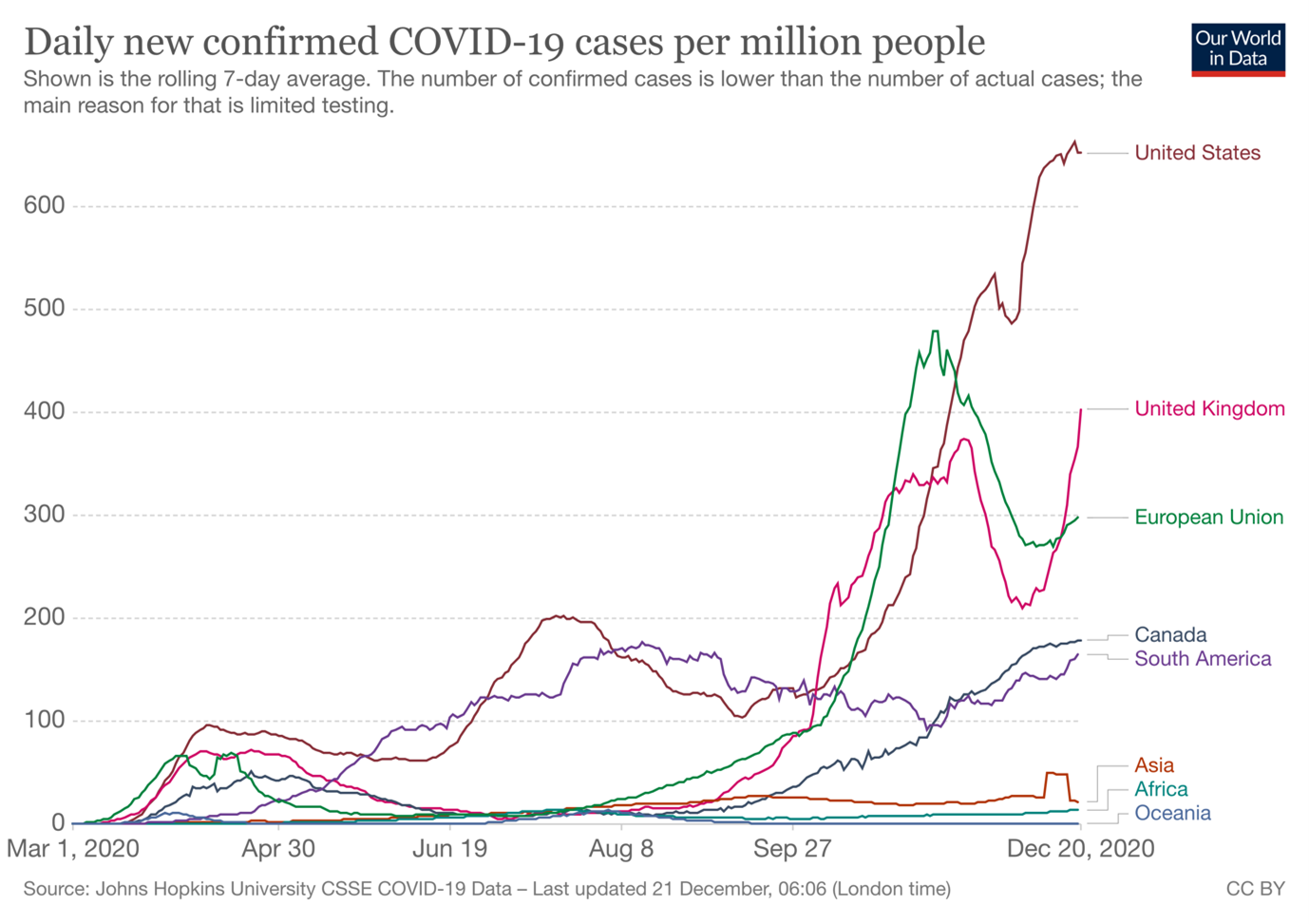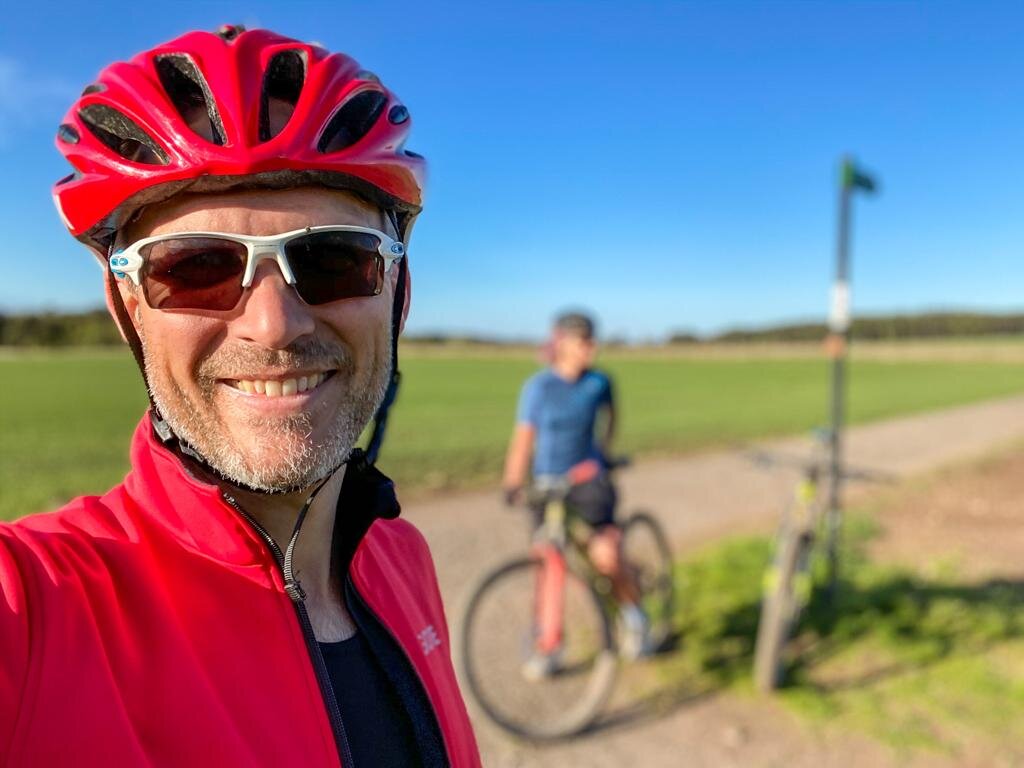Blog
COVID-19 updates part 2 - the vaccine
The vaccines are highly effective and have a good safety profile. We need as many adults as possible to get vaccinated to protect those most vulnerable
COVID-19 updates part 1 - the new variant
I want to try and make sense of the current COVID-19 situation for people out there who might be confused, scared, isolated or curious.
Checking in after six weeks of lockdown
Working patterns have changed and I think a lot has changed for the better. We have virtualised all our meetings where we could. We did it early and it has worked really well. Dare I say communication in the team is better than before?
Twitter is a strange place right now
Since the very beginning, those of us on this platform have been aware of this novel coronavirus, of the dangers of the resulting COVID-19 illness and critically of the emerging pandemic.
Time and perspective.
Everyone is coming together. We are doing our best to learn from others and to prepare. Are we ready? I don’t know. But we have done everything we can.
Shielding IBD
There are 1.5m vulnerable people in England and a further 200,000 in Scotland that we want to shield from getting coronavirus infection. There are 6 categories of people affected
Planning for our patients
We are here to help and keep you safe. We will do our very best.
An extraordinary day
An ordinary Thursday, yet today was extraordinary. A morning of planning, an afternoon of clinic. A hospital full of life, full of activity. Amidst the familiar routine something subtle has shifted. But it is there, noted in all the little interactions.
Going about daily life in a time of uncertainty
My job, my duty, my role. I am a doctor; a gastroenterologist; an IBD physician. My duty is to my patients, our patients, all our patients. And to my colleagues, not just medical but all the multi-disciplinary team. Everyone is looking for answers, for guidance for leadership.
Starting a daily blog in a time of uncertainty
For people living with IBD I would like to reiterate my important message posted last week. Please continue to take your medicines. The biggest risk of picking up an infection of any kind is having active disease, or the steroids used to treat a flare.
Time for the diet debate to move mainstream.
If we could work out what dietary aspects cause IBD could we prevent this rise? Hmm … the lessons from obesity and diabetes where we know the cause are salient. The prevalence is only going UP. And here we don’t even know. We need robust models and biomarkers to fix this problem.
The truth is out there …
We can (and with the requisite funding will) utilise the scalable technology and data collection methods we have developed to tackle these questions. For now, it is across the UK. Next we should go global.
The realities of treat to target in IBD
Every person with IBD is different; every flare is different (is it even a flare if there are no symptoms? — this is increasingly common …. And yes, it is a flare … but I think we need new definitions urgently to help in clinic). Robust longitudinal data that captures key clinical parameters, patient report outcomes (not forgetting QoL, pain, fatigue, sleep, impact on work / life etc) and biological inflammation (CRP and calprotectin) is so important for every person with IBD
Thoughts on preventing IBD, curing IBD and eliminating disease flares.
There is a lot of talk about finding a cure for IBD. What might this look like? IBD is more than just Crohn’s disease and ulcerative colitis … it is a spectrum of heterogeneous of clinical, environmental, microbiological, immunology and molecular pathways that combine to present in different ways in every single person who becomes unwell.
Finding the cause of disease flares in Crohn’s disease and ulcerative colitis
Crohn’s disease and ulcerative colitis are chronic, incurable inflammatory bowel diseases that typically affect young people. They are characterised by unpredictable and disabling periods of ‘flare’ that have a cumulative damaging effect on the bowel.
World IBD Day
A few words of hope to the millions of people around the world living with Crohn’s disease and ulcerative colitis. A rallying cry to the many healthcare professionals looking after people with inflammatory bowel disease.
















